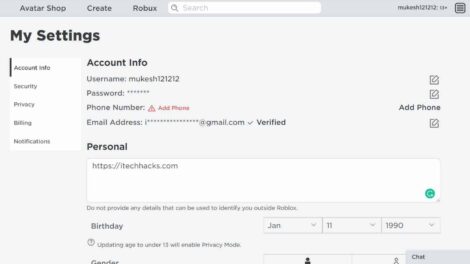In a rare yielding of control, Apple rescinded recent restrictions curtailing Progressive Web App (PWA) placement options on iPhone home screens exclusively for European Union (EU) users after facing reproval from multiple stakeholders including developers and regulators.
This analysis examines key developments behind the initial European PWA limitation decision, negative reactions sparking Apple’s prompt revision, and resulting implications on complex technology policy regulations enacted seeking to spur platform fairness and innovation.
Apple’s PWA Restriction Attempt
The crux behind Apple’s controversial move involved specific interpretation of newly enacted Digital Markets Act (DMA) regulations by the European Union aiming to promote platform competition by:
- Opening access for alternative app stores
- Increased interoperability protections
- Restricting certain self-preferencing behaviors
Citing putative security risks and degraded user experience from permitting expanded app installation sources, Apple strategists proposed prohibiting home screen PWA placement specifically for EU iPhone owners as the only recourse satisfying DMA rules.
This rationale triggered immediate criticism centered on anti-competitiveness given alternative web apps often displace native iOS software distribution via the Apple App Store.

Why the Change Incited Heavy Backlash
Coming amid a tempestuous period challenging Apple’s gatekeeper status via regional lawsuits and legislation worldwide, the PWA restriction fueled additional outrage around stifling innovation dimensions like:
Competitive Muting
PWAs represent one of the only alternative iOS app distribution channels beyond Apple’s walled garden. Critics argued this pretext amounted to muting competition arbitrarily.
Developer Disruption
Enterprise software builder reliance on web apps for circumventing App Store commissions faced sudden platform uncertainty jeopardizing investments, metrics and roadmaps.
Standards Contraction
Sidelining home screen PWAs was seen as heralding efforts to slowly deemphasize and undermine web ecosystem advancements around operating system integration hard won after years of advocacy.
This multidimensional furor ultimately pressured Apple to shelve announced plans.
Revoking PWA Restrictions but Challenges Remain
Within weeks of the initial home screen PWA prohibition announcement targeting European iPhone users, Apple publicly committed to preserving the status quo and abandoning proposed limitations.
However, two key issues linger requiring ongoing attention:
DMA Compliance Ambiguity
Fundamental conflicts around interpreting DMA rules and ensuring Apple platform security sans anti-competitive skews remain unresolved.
Future regulatory guidance must refine demarcations addressing corner case nuances.
User Experience Consistency
Apple continues expressing reservations around PWAs delivered through alternate stores undermining streamlined experiences customers expect.
However, pragmatically nurturing web ecosystem maturity requires judiciously balancing control and permissions.
Implications for Open Web Advocates
The European PWA reversal marks a visible victory for Open Web Advocacy (OWA) groups campaigning around areas like:
Preserving Hard Won Milestones
OWA efforts over decades pushed PWAs into feature parity with natively compiled apps. This helps cauterize regresses endangering functionality.
Spurring Further Progress
Building on preserved platform access, developers can invest confidently pushing boundaries further – like ubiquitous JavaScript engine usage across iOS for consistent web experiences.
Informing Policymaker Debates
Each platform overreach swiftly confronted raises awareness around technology regulation priorities for protecting innovation against concentrated commercial interests.
But anticipating future platform control dilemmas remains non-trivial despite progress.

The Perennial Balance of Ecosystem Influence
Stepping back, the ongoing tug-of-war between iOS gatekeeping principles and external web development flexibility priorities reflects no easy answers for reconciling multi-dimensional platform tensions.
However, erring on the side of permissionless innovation and reduced obstructions can foster more organically flourishing technology ecosystems – even if chaotic at times.
Policymakers face an unenviable high stakes balancing act across these forces shaping countless aspects of productivity and culture inexorably intertwining with personal technology.










Add Comment